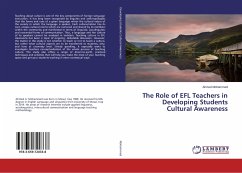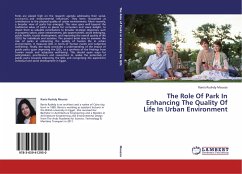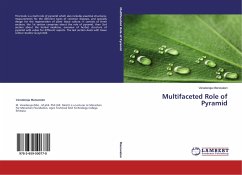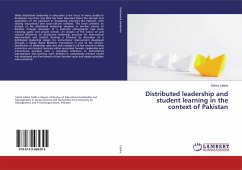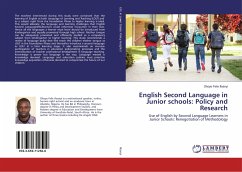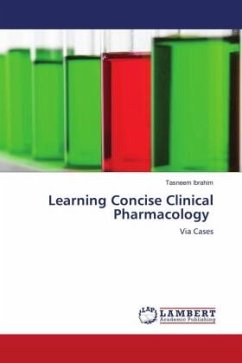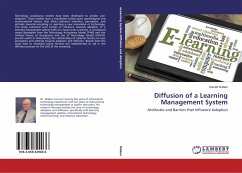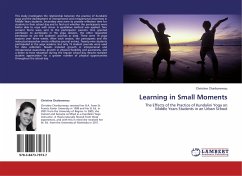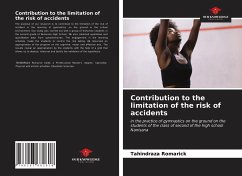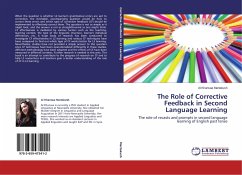
The Role of Corrective Feedback in Second Language Learning
The role of recasts and prompts in second language learning of English past tense
Versandkostenfrei!
Versandfertig in 6-10 Tagen
36,99 €
inkl. MwSt.

PAYBACK Punkte
18 °P sammeln!
When the question is whether L2 learner's grammatical errors are apt to correction, the inevitable, accompanying question would be how to correct these errors and which type of corrective feedback (CF) should be implemented to effectively correct them. The question is not as simple as it might look, and the answer is not as straightforward as one might think. CF effectiveness is mediated by various factors such as the teaching-learning context, the type of the linguistic structure, learners' individual differences, etc. A huge body of research has been conducted to investigate CF effectiveness...
When the question is whether L2 learner's grammatical errors are apt to correction, the inevitable, accompanying question would be how to correct these errors and which type of corrective feedback (CF) should be implemented to effectively correct them. The question is not as simple as it might look, and the answer is not as straightforward as one might think. CF effectiveness is mediated by various factors such as the teaching-learning context, the type of the linguistic structure, learners' individual differences, etc. A huge body of research has been conducted to investigate CF effectiveness in L2 learning and various CF techniques have been compared to find out which type of CF works better for L2 learning. Nevertheless, studies have not provided a simple answer to this question since CF techniques have been operationalized differently in these studies, different methodology have been adapted and the effects of CF have been measured in different contexts. Further research is needed in this area. This book is an attempt to contribute to the progress of research on CF and to help L2 researchers and teachers gain a better understanding of the role of CF in L2 learning.



